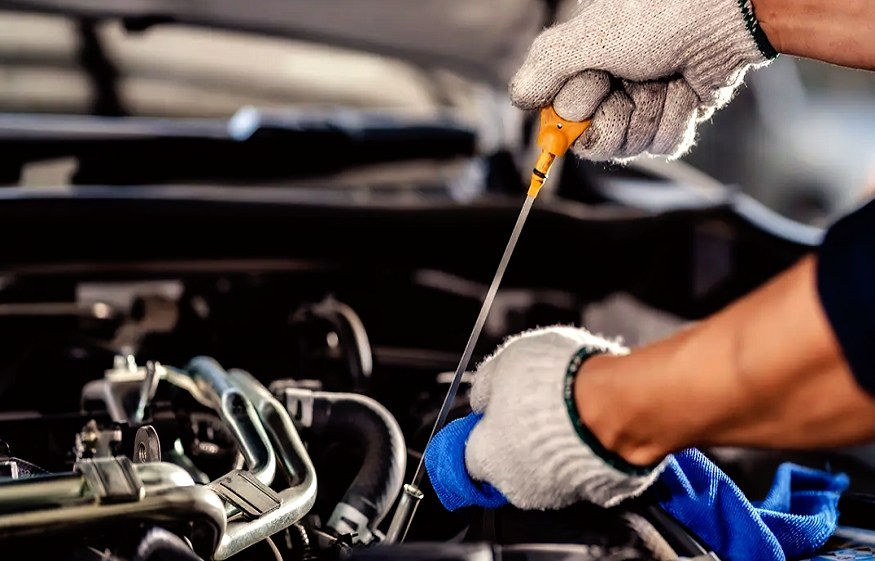How to check the oil level of a car?
Engine oil is your engine’s primary protection against wear and damage. It helps lubricate moving parts, reduce friction and eliminate impurities. Avatacar gives you all its recommendations to ensure the proper functioning and longevity of your vehicle’s engine !
How to check the engine oil level?
Remove any oil that may be present on the dipstick to obtain an accurate and reliable reading. Read the oil level by looking at the marks on the dipstick. If the oil level is too low, add engine oil recommended by your vehicle manufacturer until the oil level is sufficient.
When should you check your vehicle’s engine oil level?
If you regularly drive long distances or in difficult conditions (high temperatures or rough terrain), we recommend checking its level more than once a month.
Before leaving for a long journey , we advise you to check the oil level to ensure that the engine is well lubricated for the trip and to avoid any inconvenience.
Regularly checking the oil level in your car will help identify any potential problems before they become too late and too costly and, above all, will prolong its lifespan.
Driving with an engine that is low on oil can cause serious damage to your engine and result in significant repair costs . The risks associated with an insufficient oil level in your engine are:
- Excessive wear : A lack of oil can lead to excessive wear and premature deterioration of engine parts, such as pistons, valves, bearings, cam weapons or even gears. Which can lead to reduced engine power, starting problems and knocking noises.
- Overheating: A lack of oil can cause the engine to overheat, which can damage seals, cause white smoke to come out of the exhaust, and also melt critical metal parts.
- Loss of pressure : An insufficient oil level can cause a loss of pressure in the lubrication system, which can reduce lubrication effectiveness and cause overheating, excessive wear and engine damage.
- High repair costs: If your engine is seriously damaged due to a lack of oil, this can result in very high repair costs, sometimes even higher than the value of your vehicle. These costly repairs can include replacing critical engine parts, regrinding the crankshaft, replacing cylinders or even completely replacing the engine.
Risks of an engine with too high an oil level
An engine with an oil level higher than the limit imposed by the manufacturer can cause several risks and problems , such as:
- Increased oil pressure : an engine with too much oil can cause damage gaskets and oil filters.
- Lubrication problems : excess oil can cause poor lubrication of moving engine parts. Extra oil can cause excess pressure in the crankcase which can cause oil foaming and reduce the engine’s lubrication capacity.
- Motor overload:Too much oil can overload the engine and cause increased fuel consumption and reduced engine performance.
- This can have an impact on power and my polluting emissions.
- Starting problems: Excess oil can also cause problems during starting. This is because the extra oil can fill the combustion chambers and prevent the spark plugs from sparking.
If you notice that the engine oil level is too high, it is important to have the excess oil drained by a professional mechanic. Avatacar mechanics are at your disposal to drain your vehicle.











Post Comment
You must be logged in to post a comment.